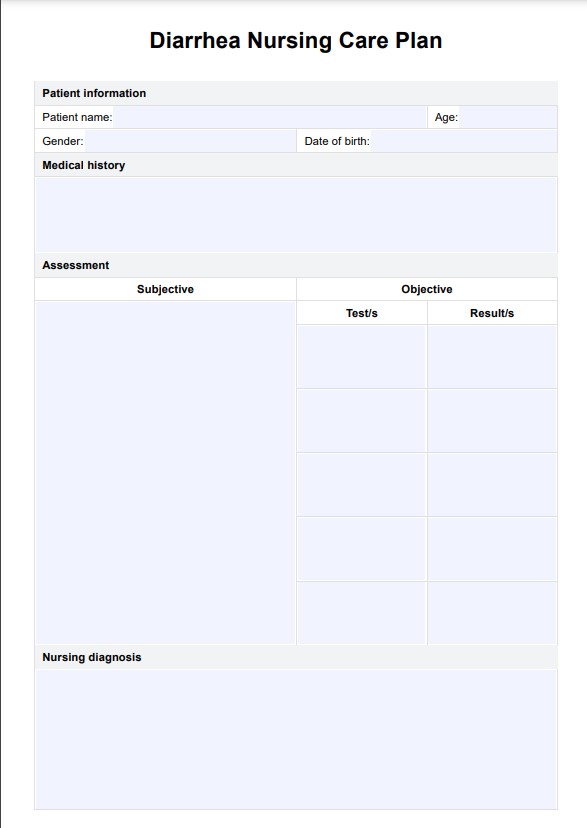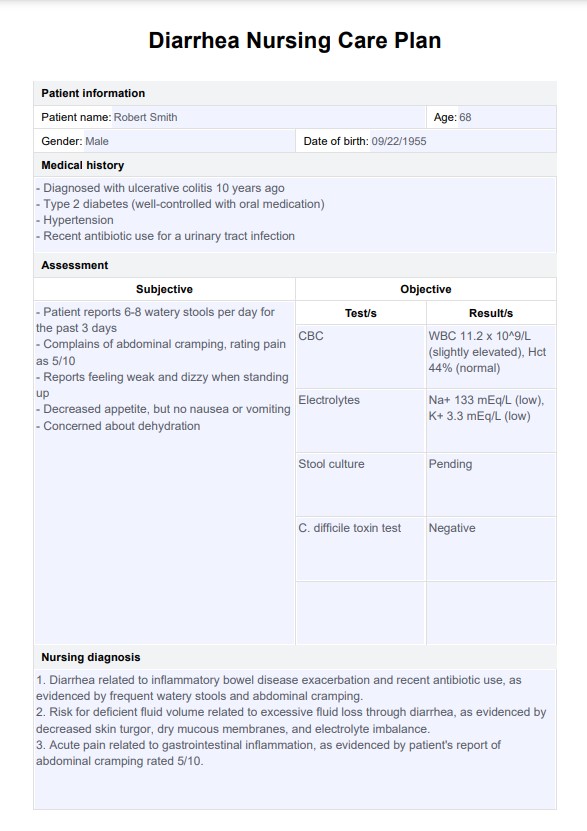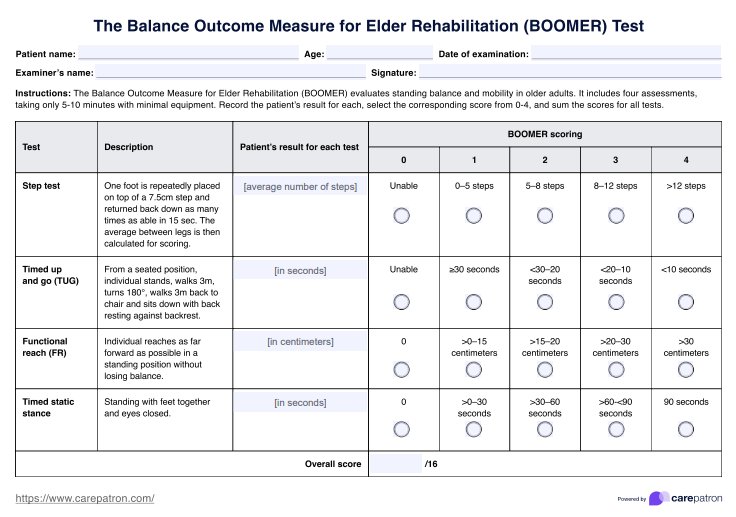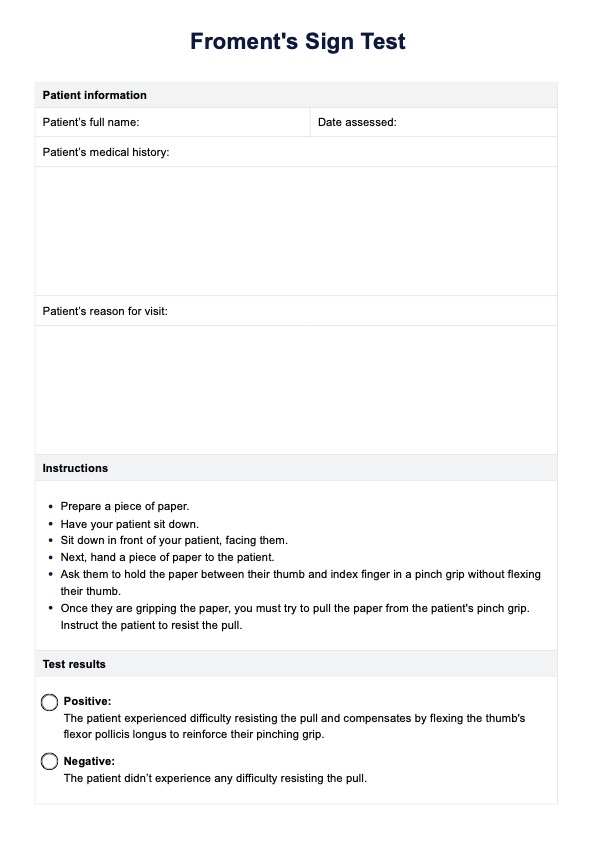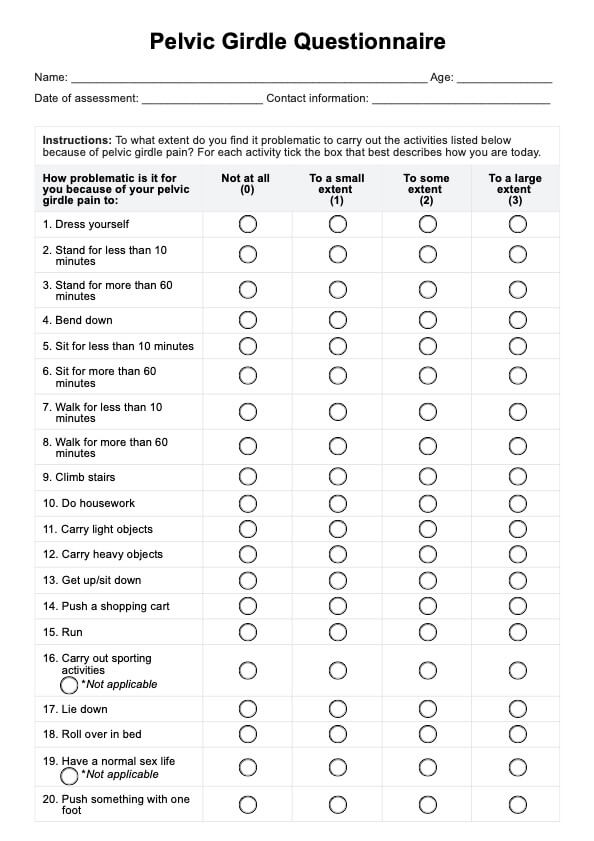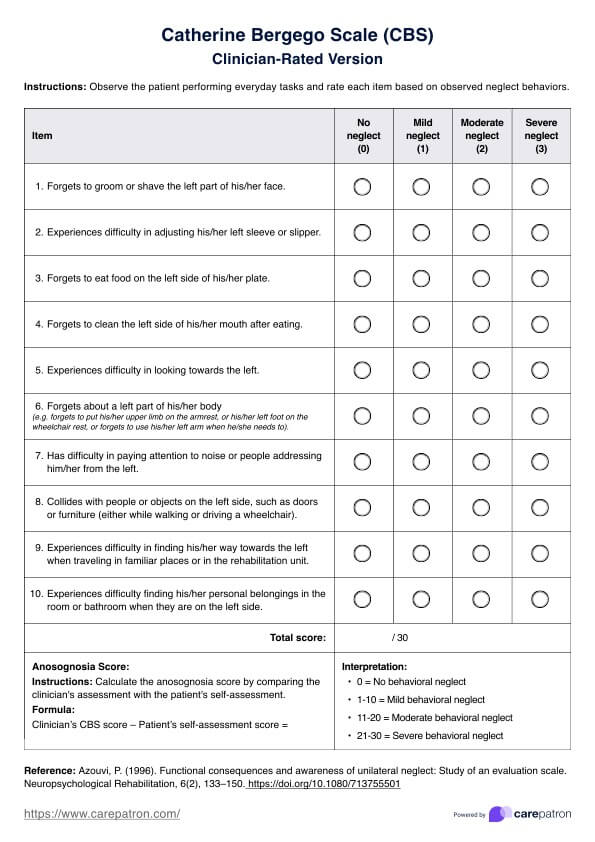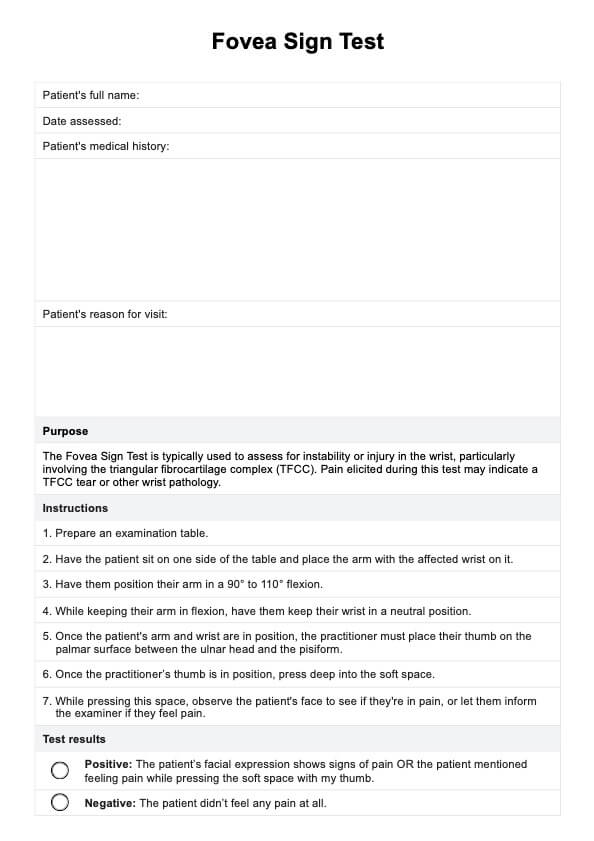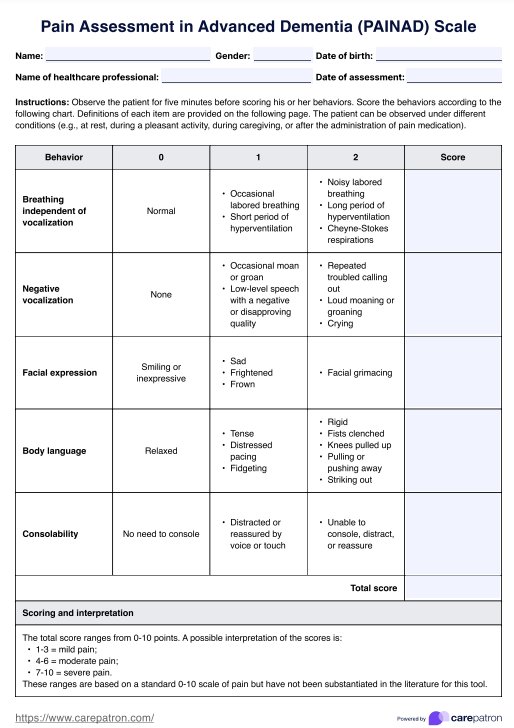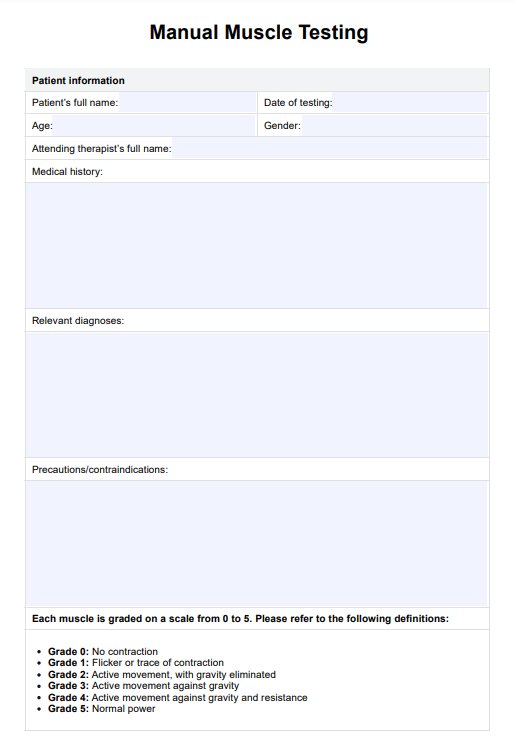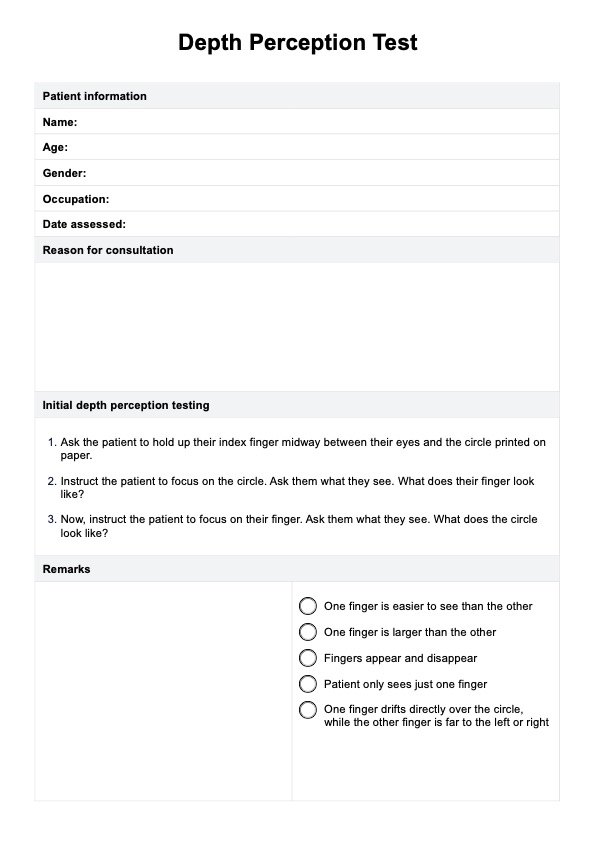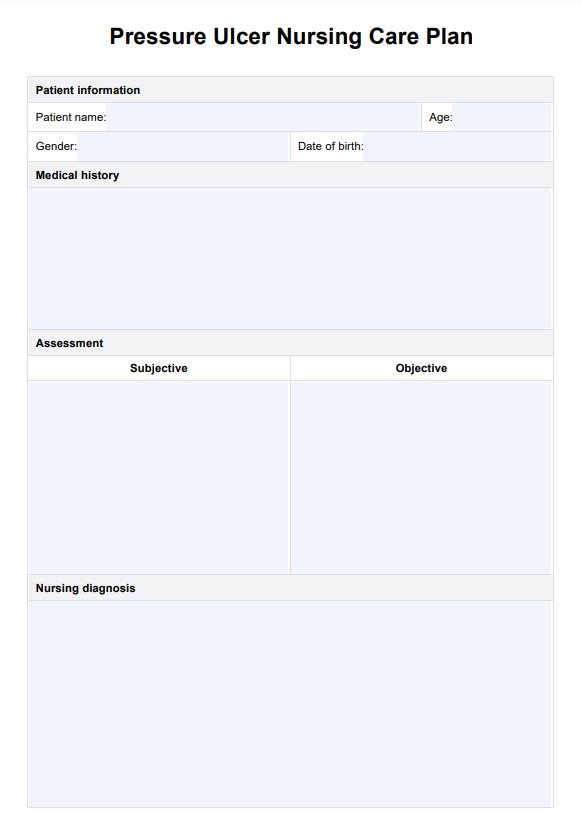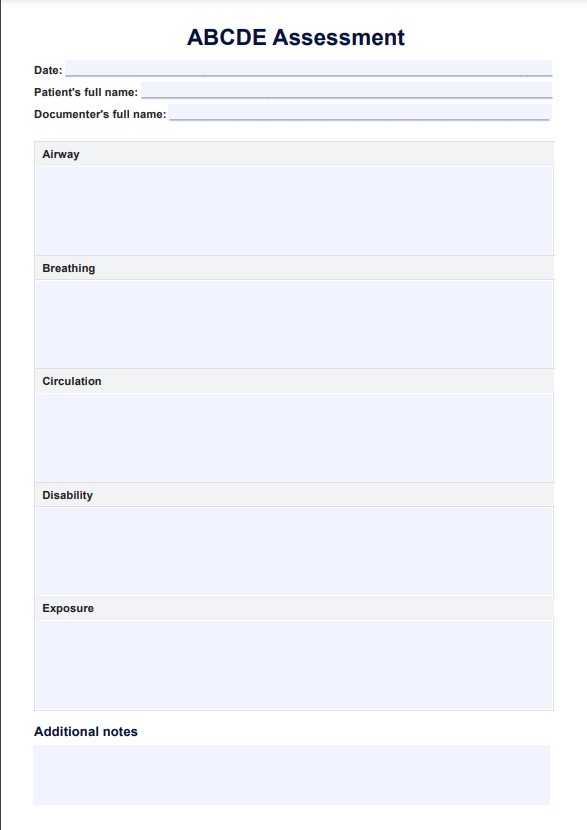Diarrhea Nursing Care Plan
Learn the benefits of Diarrhea Nursing Care Plans and what assessments and interventions are involved to deliver superior and effective care.


What is a Diarrhea Nursing Care Plan Template?
Defined as an increase in the frequency of bowel movements and volume, multiple factors can cause diarrhea and span from an acute issue to a severe one. Infections, inflammatory bowel diseases, certain drug use, osmotic loads, radiation, and malabsorption issues can all contribute to the condition, making careful and well-instigated nursing care plans a crucial factor in the management of this condition.
If left untreated or poorly managed, severe diarrhea can lead to nutritional issues and dehydration, potentially leading to electrolyte and fluid imbalances and changes in skin integrity. Healthcare workers treating diarrhea should take all appropriate precautions to prevent the spread of infections associated with diarrhea and indicate infection risks in the nursing care plan.
A Diarrhea Nursing Care Plan (NCP) Template is a structured and individualized approach designed by healthcare professionals to assess, manage, and treat diarrhea in patients. It involves a comprehensive set of strategies, interventions, and evaluations to address the underlying causes, alleviate symptoms, prevent complications, and promote the patient's recovery. This carefully designed care plan helps you identify signs and symptoms of the condition and chart the appropriate assessments and interventions needed to meet the goals of care.
Diarrhea Nursing Care Plan Template
Diarrhea Nursing Care Plan Example
How does this nursing care plan for diarrhea work?
Here's a step-by-step guide for healthcare practitioners on how to use this Diarrhea NCP Template:
Step 1: Patient information and assessment
Fill in the patient's demographic details, including name, age, gender, and date of birth. Document the patient's medical history in the provided section. You can also conduct and record a thorough assessment, including both subjective (patient-reported symptoms) and objective (observable vital signs and test results) data.
Step 2: Nursing diagnosis and goal setting
Based on the assessment, formulate an appropriate diarrhea nursing diagnosis. In this part, you can establish long-term and short-term patient care goals. These goals should be specific, measurable, achievable, relevant, and time-bound.
Step 3: Intervention planning
Develop a set of nursing interventions tailored to address the patient's diarrhea and associated symptoms. Provide a clear rationale for each intervention, explaining why it benefits the patient's condition.
Step 4: Evaluation and documentation
Implement the planned interventions and regularly evaluate their effectiveness in achieving the set goals. In the evaluation section, document the patient's progress, any changes in condition, and the outcomes of the interventions. You can also use the additional notes section to record any other relevant information, observations, or changes to the care plan. Complete the form by filling in the nurse's information, including name, license number, and contact details.
When would you use this template?
A Diarrhea Nursing Care Plan Template is utilized when patients present symptoms of diarrhea characterized by frequent, loose, or watery stools. This structured approach is implemented in various healthcare settings whenever individuals experience the following:
Chronic diarrhea
When patients experience diarrhea for an extended period of more than a few weeks, conditions such as inflammatory bowel disease (IBD), irritable bowel syndrome (IBS), or other chronic gastrointestinal issues may be present. A care plan focusing on long-term management, symptom control, and improving quality of life is key.
Outbreaks of contagious diarrheal illnesses
In situations where there's a risk of spreading infectious diarrhea, such as in communal living environments, healthcare facilities, or during outbreaks, a care plan involves implementing infection control measures and providing appropriate treatment.
Older adults or immunocompromised individuals
A care plan is crucial for populations more vulnerable to diarrhea complications, such as older adults or those with weakened immune systems, to prevent dehydration and manage symptoms effectively.
Children and infants
Care plans for pediatric patients with diarrhea are essential to prevent dehydration and complications due to their smaller body size and higher risk of fluid and electrolyte imbalances.
What are common nursing interventions for diarrhea?
Effective management of diarrhea is a critical skill for healthcare practitioners, requiring a comprehensive approach that addresses both immediate symptoms and potential complications. The following are key interventions used in a nursing care plan of diarrhea.
Fluid and electrolyte management
This nursing intervention for diarrhea aims to prevent severe dehydration by encouraging increased fluid intake. Oral rehydration solutions are particularly effective in replacing lost fluids and electrolytes. These solutions are specially formulated to promote rapid absorption in the gastrointestinal tract. In cases where oral intake is insufficient, intravenous fluid administration may be necessary under the guidance of a healthcare provider.
Dietary interventions
Dietary management is essential in treating both acute and chronic diarrhea. Recommending a diet low in fat and high in easily digestible carbohydrates can help reduce abdominal cramping and worsen diarrhea. Dietary fibers absorb fluid in the intestines, which can help solidify stools. However, the type and amount of fiber should be carefully considered, as some forms may exacerbate symptoms in certain gastrointestinal disorders.
Symptom management
Addressing symptoms such as abdominal pain and hyperactive bowel sounds is an important aspect of nursing care. Non-pharmacological interventions, such as applying warm compresses to the abdomen, can provide relief. In some cases, medications to reduce intestinal motility may be prescribed, but these should be used cautiously as they can mask underlying conditions.
Patient education
Patient education is a cornerstone of managing acute or chronic diarrhea. This includes teaching about proper hand hygiene to prevent the spread of infectious diarrhea, recognition of dehydration signs, and appropriate use of oral rehydration solutions. Educating patients empowers them to actively participate in their care and can improve outcomes.
Commonly asked questions
To create a comprehensive nursing care plan for diarrhea, simply create a customized plan from the scaffolding provided by Carepatron and cater to the patient's needs through the key aspects of assessment, intervention, and evaluation.
These valuable plan templates can be used at any point of the treatment journey for a patient with diarrhea to track, monitor, and plan all interventions by healthcare professionals and the patient themselves.
Diarrhea Nursing Care Plan Templates are used as a planning tool for efficient and confident care delivery. They are designed to be customized and meet the individual patient's needs.


